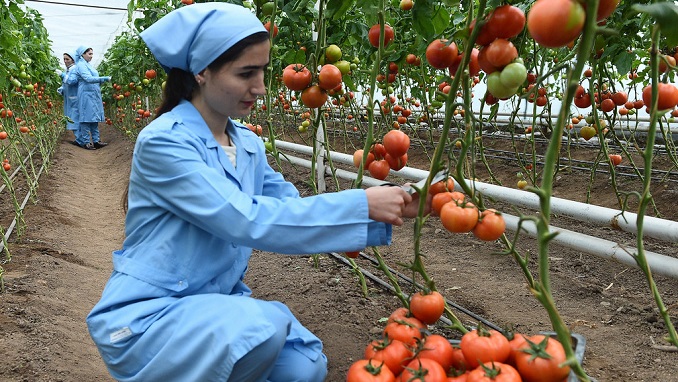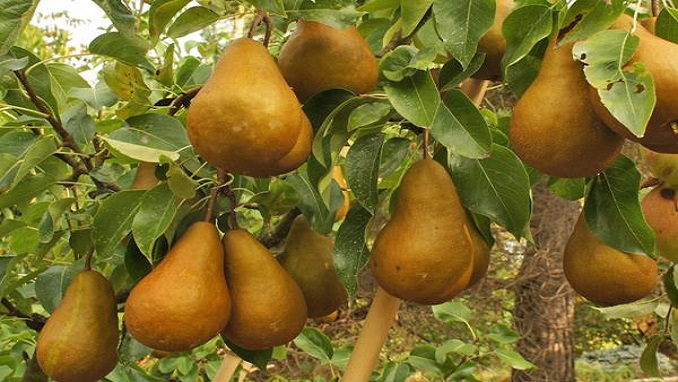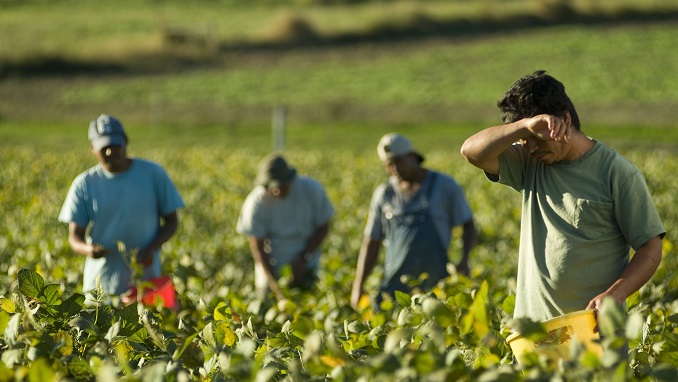During a meeting in Dushanbe, USAID Deputy Administrator Isobel Coleman and WFP Representative and Country Director in Tajikistan Adham Musallam announced a new contribution of US$10 million to WFP in Tajikistan in response to increasing food insecurity, a new report from WFP states.
The funding will assist vulnerable communities by providing unconditional cash transfers and livelihoods support, while also strengthening government capacity to address concurrent shocks. The latest WFP food security assessment highlights that the combination of remittance losses due to the conflict in Ukraine and food price increases could result in severe food insecurity in Tajikistan increasing from one to eight percent, affecting around 800,000 people. WFP is actively monitoring the household-level food security and market situation, and mobilizing funds to support food-insecure families in the country.
During February, WFP concluded the implementation of its School Feeding Programme, benefiting 68,000 schoolchildren and their families in 214 schools. The programme was made possible by a contribution from the Government of Japan in 2022 and included Afghan refugee children attending these schools. Schools with refugee students were prioritized for the provision of purchased food commodities such as fortified wheat flour, fortified vegetable oil, and yellow split peas. This School Feeding Programme is part of WFP’s efforts to enhance the nutrition and health of primary grade schoolchildren and covers over 1,900 schools in 52 districts.
WFP’s climate adaptation project, supported by the Green Climate Fund (GCF), is currently underway. The project’s objective is to establish orchards and other agroforestry activities over a 400-hectare area across 11 targeted districts, focusing on soil and water conservation and food production. Additionally, the project supports the implementation of chain-link fences for at least 300 hectares of orchards. WFP is working in collaboration with the Committee of Environmental Protection of Tajikistan and other government authorities at national and regional levels to execute this project. In February, agreements were signed with three cooperating partners to facilitate implementation in seven districts of the GornoBadakhshan Autonomous Oblast (GBAO), Khatlon Region, and the Districts of the Republican Subordination (DRS) over the next two years.



